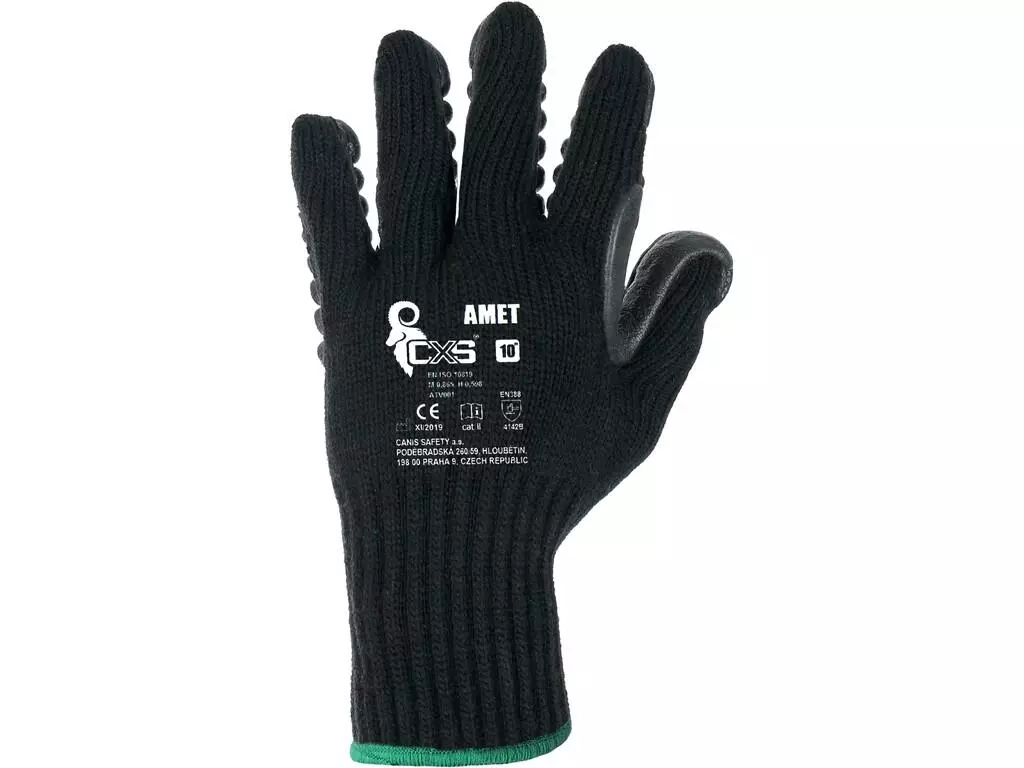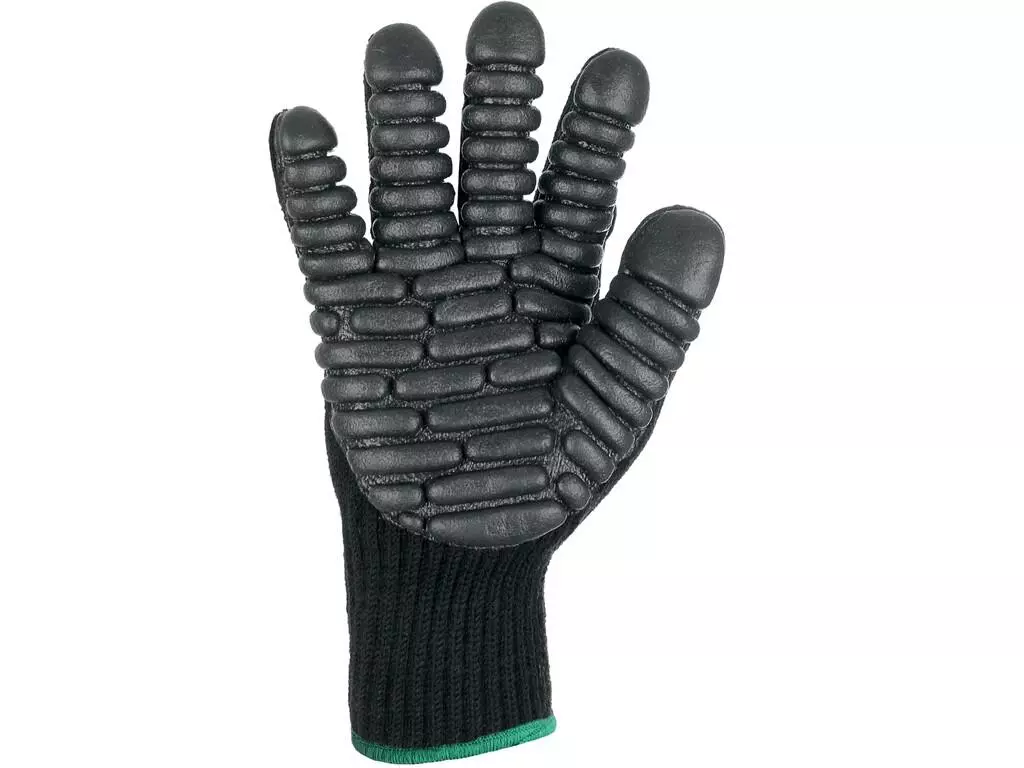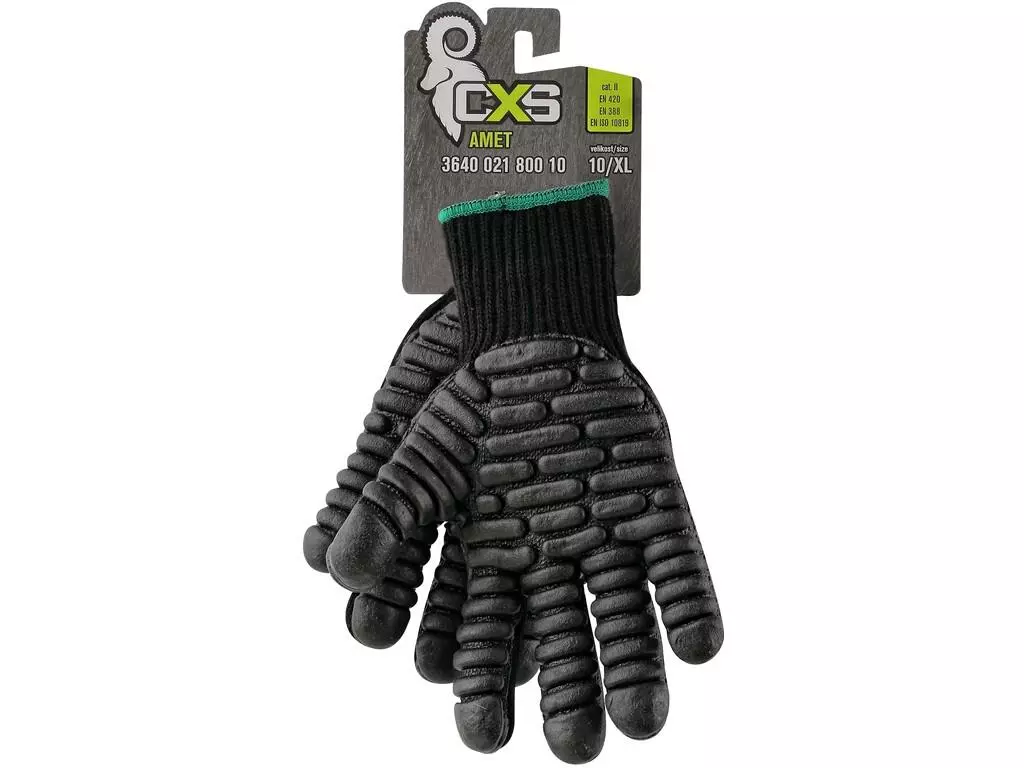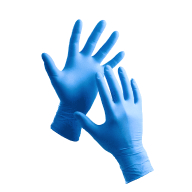Amet Antivibration Gloves, Size 10
5.0 / 5
Product description
Product Features:
- Knitted gloves
- Antivibration pads from latex foam in palm
- Elastic cuff
- Packaged in blister packaging
Recommended Applications:
Work with vibrating tools, plant care, working with a chainsaw, road drills, vibrating pokers, hand grinders
About Antivibration Glove
Antivibration Gloves feature specialized padding that reduces harmful vibrations from power tools and machinery. These durable work gloves help prevent hand-arm vibration syndrome while providing excellent grip and control. Perfect for construction, manufacturing, and automotive industries where vibrating equipment is used regularly.
- Slip Resistant
- Cut Resistant
- Hand Protection
Standards and labels
CXS delivery terms
Free delivery when you order more than 1 650,00 kr from CXS
Supplier shipping fee 55,20 kr
Brand minimum 2 000,00 kr
Price available on request
Shipping fee is 55,20 kr for orders under 1 650,00 kr
Sold in units of one pair





